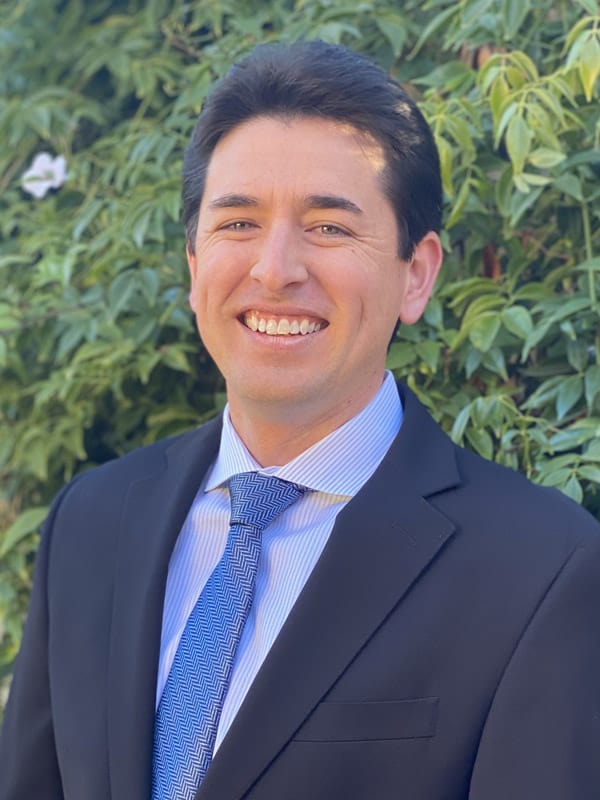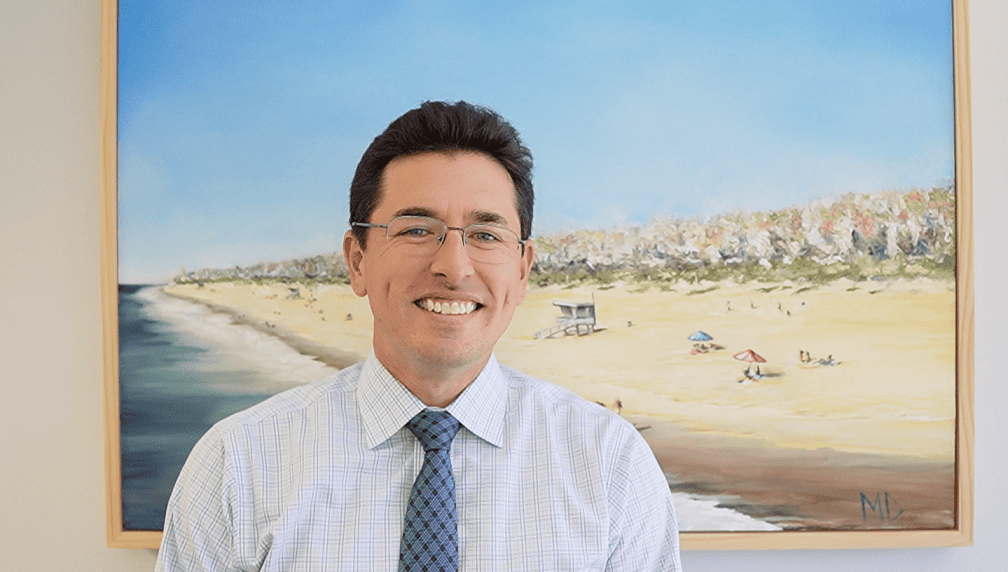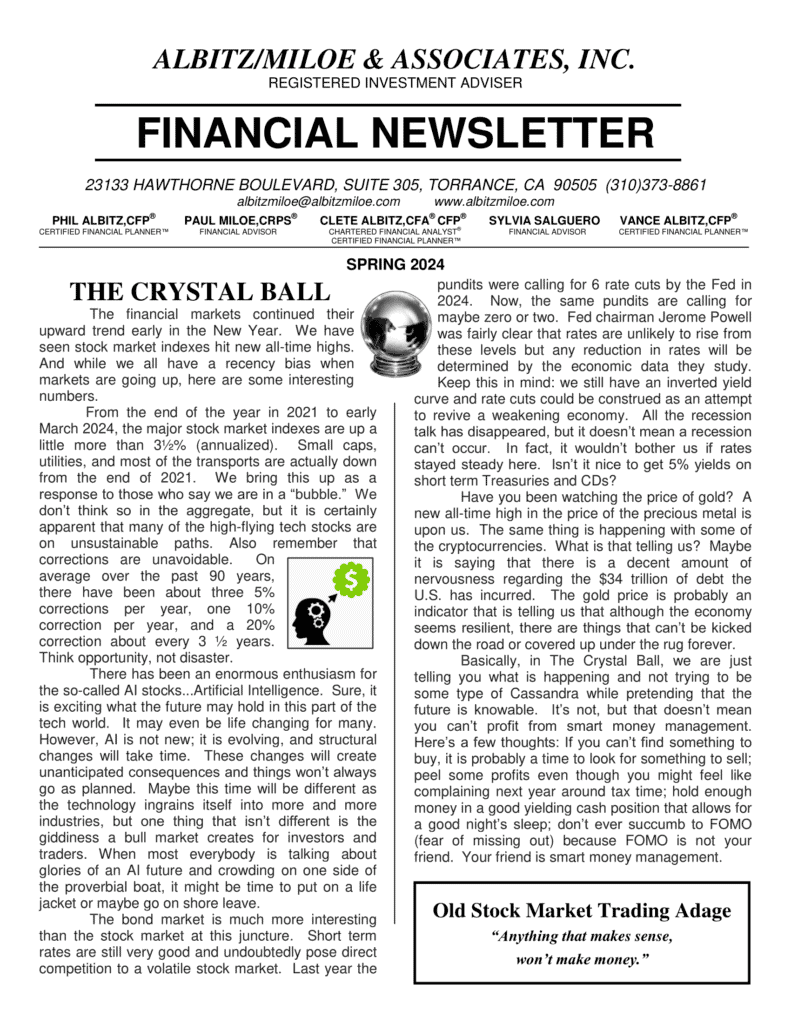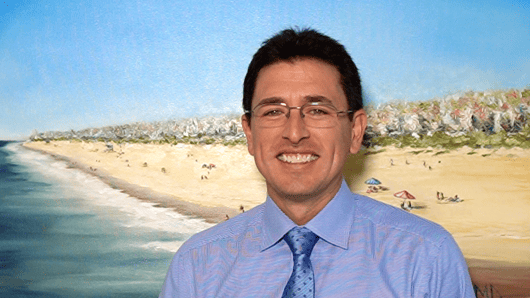Cash reserves are an important part of any sound financial plan, providing liquidity as well as being a safety net for emergencies or unforeseen expenses. Due to years of low interest rates, cash reserves have often been ignored as the trouble of setting up new accounts or managing a ladder of maturities for a minimal amount of extra interest wasn’t worth it. However, this has changed as the Federal Reserve raised interest several times since March of 2022. Today you can earn a meaningfully higher return on cash with a little additional effort. Here are the four most common methods we’ve seen utilized:
1. High-Yield Savings Accounts:
High-yield saving accounts pay higher interest rates relative to traditional brick-and-mortar banks. These accounts can be linked to a traditional brick-and-mortar bank and funds can be transferred back and forth depending upon need. While the funds are in the high-yield savings account they often pay significantly more than a standard savings or checking account making this a simple option to maintain liquidity and earn more on your cash.
2. Short-Term Certificates of Deposit (CDs):
Short-term Certificates of Deposit (CDs) require you to lock up your funds for a fixed period, typically ranging from a few months to a couple of years. By doing so, you earn a higher yield, often slightly higher than a high-yield savings account as you are compensated for lower liquidity. Creating a ladder of CDs purchased with various maturity dates is one way to provide access to your funds periodically upon maturity.
3. Money Market Funds:
Money market funds are mutual funds that invest in low-risk, short-term debt securities. These funds aim to maintain a stable Net Asset Value (NAV) of $1 per share, making them a safe option for preserving capital. Money market funds are not FDIC Insured nor are they entirely risk-free. Depending upon the specific money market fund they can have a slightly different risk profile and varying level of yield. Money market funds offer liquidity on par with a high-yield savings account and more liquidity than Certificates of Deposit and typically a rate in between these other options.
4. U.S. Treasury Securities:
U.S. Treasury Securities are regarded as one of the safest investments available. Short-term Treasuries, with maturities of two years or less, offer competitive yields with CDs but also the additional benefit of the interest earned being exempt from state income taxes. Although a Treasuries value will fluctuate in the secondary market, holding Treasury securities until maturity guarantees the full principal amount at maturity. You can build a ladder of Treasuries with various maturity dates to provide access to your funds periodically upon maturity much like noted with CDs. However, with any bank deposit such as a CD, it is critical to stay below the FDIC Insurance limits so your funds are protected. This may cause those with high levels of cash reserves to establish accounts at multiple banks to stay under the FDIC limits. However, since Treasuries are backed by the full faith and credit of the U.S. government, you can purchase an unlimited dollar amount of these securities without concern of your return of principal within a single account.
Comments on Guaranteed Interest Contracts or Stable Value Funds:
Some retirement plans may offer a guaranteed interest contract or stable value fund. While these options paid a higher relative rate than the market when rates were close to zero, they have generally not kept pace with the current rise in interest rates. If you have cash set aside in your retirement plan, you may want to review the rate you are earning and ensure you are utilizing the best available option for you.
Optimizing your cash reserves requires thoughtful planning and takes some effort. The extra interest you can generate might now be worthwhile. While these strategies will help you earn a higher yield compared to your standard savings accounts, they are unlikely to match the growth potential of long-term investments. However, for the cash portion of your financial allocation, high-yield savings accounts, short-term CDs, money market funds, and U.S. Treasury securities are all ways to earn higher returns on your cash while ensuring that you have funds accessible for any immediate financial needs.





